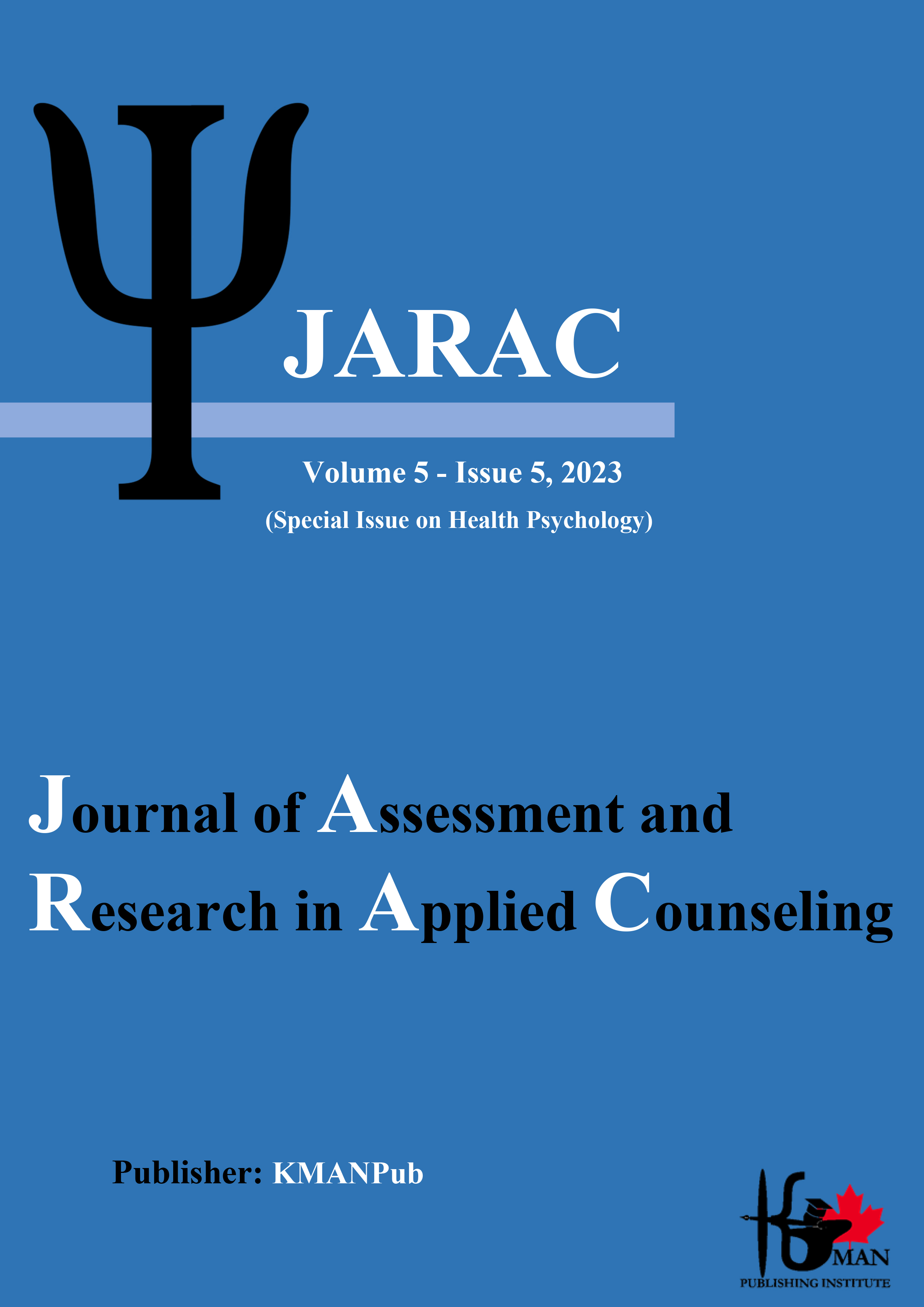Predicting Attitudes Toward Drugs by Loneliness in University Students in Shiraz
Keywords:
Loneliness, Attitudes Toward Drugs, University Students, Emotional Loneliness, Social Loneliness, Substance Abuse, Shiraz, Cross-Sectional Study, Predictive Analysis, Mental Health InterventionsAbstract
Objective: The objective of this study was to examine the relationship between loneliness and attitudes toward drugs among university students in Shiraz. Specifically, the study aimed to investigate how emotional and social loneliness predict students' attitudes toward substance use, utilizing a cross-sectional design.
Methods and Materials: A total of 350 university students from Shiraz were recruited using the sample size determination table by Morgan and Krejcie. Participants completed self-administered questionnaires measuring their attitudes toward drugs and levels of loneliness, assessed using the Attitude to Drug Scale (ADS) and the UCLA Loneliness Scale, respectively. Data were analyzed using SPSS version 27, employing Pearson correlation to explore the relationships between variables and linear regression to determine the predictive power of emotional and social loneliness on drug attitudes.
Findings: The results indicated significant correlations between emotional loneliness and negative attitudes toward drugs (r = -0.45, p < 0.001) and between social loneliness and negative drug attitudes (r = -0.32, p < 0.001). Linear regression analysis revealed that both emotional loneliness (β = -0.37, p < 0.001) and social loneliness (β = -0.25, p < 0.001) were significant predictors of negative attitudes toward drugs, with emotional loneliness demonstrating a stronger predictive value. These findings suggest that higher levels of loneliness, particularly emotional loneliness, are associated with more negative attitudes toward substance use among university students.
Conclusion: The study concludes that loneliness, especially emotional loneliness, significantly influences university students' attitudes toward drugs. These findings highlight the importance of addressing loneliness in interventions aimed at reducing substance abuse. Universities should implement programs that foster social connections and provide targeted mental health support to mitigate the impact of loneliness on students' drug attitudes.
Downloads
Downloads
Additional Files
Published
Issue
Section
License
Copyright (c) 2023 Zeinab Ghorbanzadeh Korany, Leila sadat mirseifi fard, Zahra Sadat Goli (Author); Ruhollah Rahmani Varnamkhasti (Corresponding Author)

This work is licensed under a Creative Commons Attribution-NonCommercial 4.0 International License.















